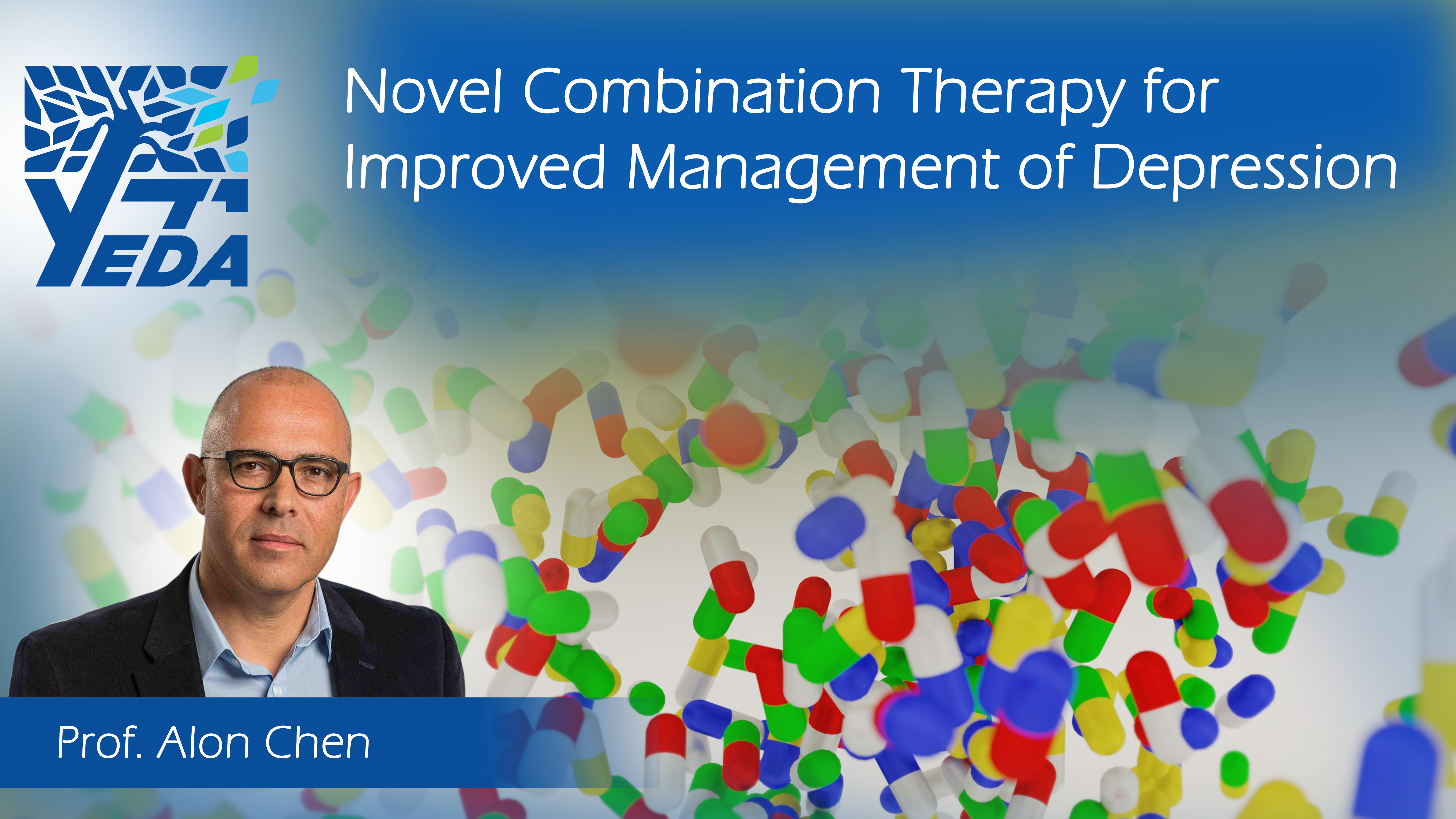Novel Combination Therapy For Improved Management of Depression
Depression is one of the most common psychiatric disorders, afflicting nearly 300 million people worldwide, with patients showing a heightened risk of self-harm and suicidal ideation.
A drug based on ketamine, a well-known anesthetic used in smaller doses as a party drug, was recently approved by the FDA and indicated for treatment-resistant depression. However, the drug’s use is still restricted, mainly due to the insufficiently understood mechanism of action.
A team from the Weizmann Institute of Science, led by Prof. Alon Chen, discovered that the sustained antidepressant effects of ketamine are mediated by the upregulation of the Kcnq2 gene, which encodes a potassium channel. Combination therapy comprised of ketamine and retigabine, an approved KCNQ agonist for the treatment of epilepsy, boosted the anti-depressive effects of ketamine in mice. Therefore, the novel combination of two approved drugs, ketamine and retigabine, may improve and expand the use of ketamine-based therapies for depression.
To learn more about this technology, contact Elik Chapnik, Sr. Director of Business Development, Life Science, or visit the following link >>

